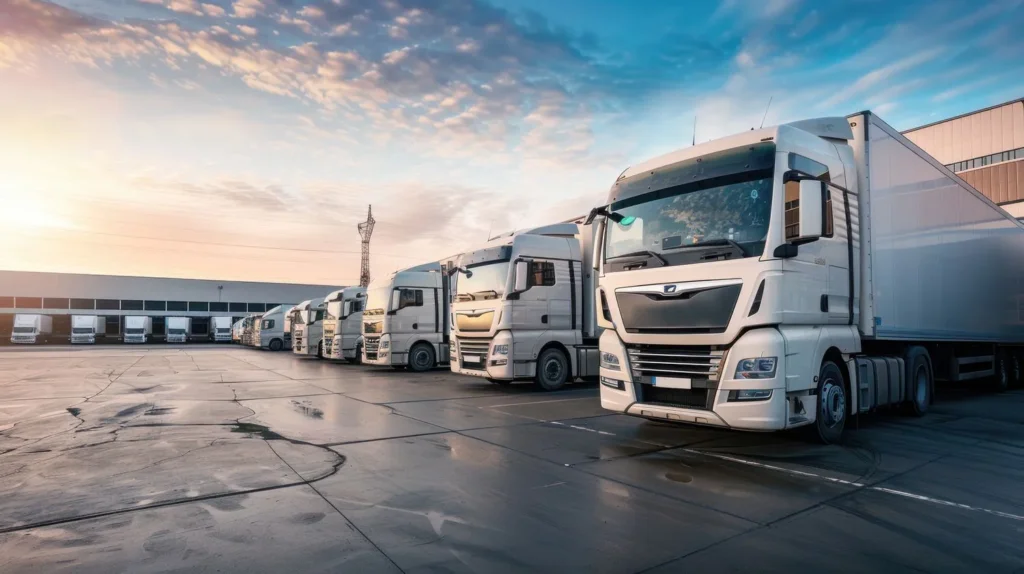The inclusion of SAF costs follows new environmental regulations mandating the use of SAF in flights departing from European Union (EU) countries. As of 2025, airlines must blend at least two per cent SAF into their fuel mix for departures within the EU.
Other countries outside the EU are also introducing similar measures. For example, India plans to impose a one to five per cent SAF quota from 2027, while Singapore will require airlines to add one per cent SAF starting in 2026, with a target of up to five per cent by 2030.
By 2030, the EU’s SAF blending target will rise to six per cent, and the UK and Japan will set a more ambitious target of ten per cent.
Rising costs and SAF’s role in sustainable aviation
Sustainable Aviation Fuel is seen as a critical step towards achieving carbon neutrality in the aviation sector. Although SAF is currently up to five times more expensive than conventional fossil fuels, it is expected to play a central role in the industry’s transition to greener operations. Lufthansa Cargo’s decision to incorporate SAF costs into its ASC reflects the wider trend of airlines adjusting to stricter environmental regulations.
Lufthansa Cargo emphasises that while SAF is crucial to reducing emissions, the development of a competitive SAF market requires government support. The availability of SAF remains limited, and current production volumes are insufficient to meet the growing demand. This, coupled with high prices, means that significant policy intervention will be necessary to accelerate SAF adoption and reduce costs.
Airfreight surcharge mechanism
Lufthansa Cargo has been applying the ASC since 2015 to cover fluctuating costs outside its control, such as rising fuel prices, currency fluctuations, and security expenses. The surcharge is calculated based on a standardised index that tracks these cost variations. Adjustments to the surcharge are made depending on the index results, ensuring that the system remains flexible and responsive to market conditions.
The inclusion of SAF costs in the surcharge highlights Lufthansa Cargo’s efforts to mitigate the financial burden of environmental regulations while maintaining fair pricing for its customers. However, different countries may apply varying surcharge levels due to local regulations on additional charges.
Background on SAF
Sustainable Aviation Fuel, often referred to as a “drop-in” fuel, can be blended with traditional fossil kerosene, making it compatible with existing aircraft and airport infrastructure. SAF made from biogenic residues offers an approximately 80 per cent reduction in carbon emissions over its lifecycle compared to conventional kerosene.
While individual flights are not powered solely by SAF, Lufthansa ensures that the amount of SAF required to offset emissions is blended into its operations within six months of a customer’s purchase, supporting the company’s broader sustainability goals.











